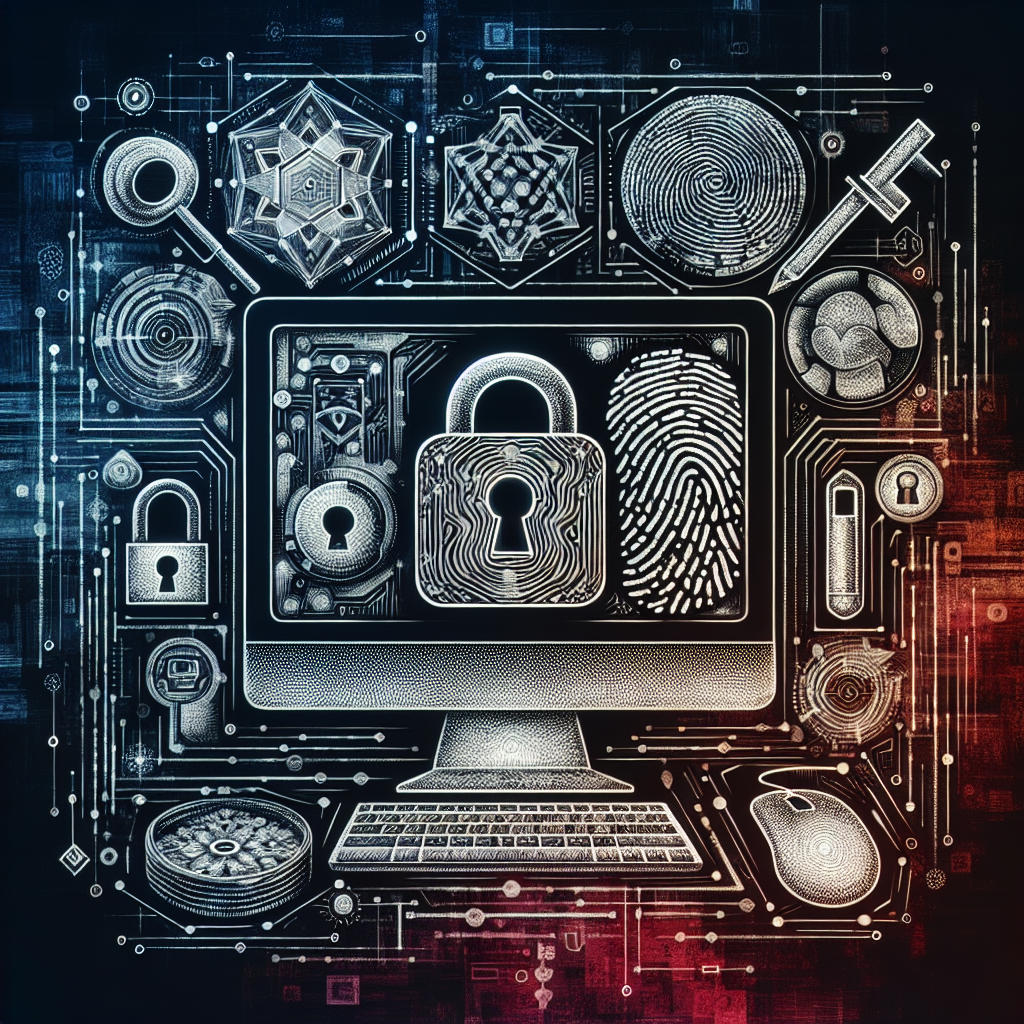In today’s digital landscape, the security of sensitive employee data is paramount for businesses of all sizes. Payroll software deals with sensitive information, including social security numbers, bank details, and employee compensation, making robust security features a top priority. Whether you’re a small business owner or part of a larger organization, understanding what security features to look for can help safeguard your payroll processes.
Understanding the Importance of Payroll Security
Payroll information is a goldmine for cybercriminals. A data breach can lead to identity theft and significant financial repercussions—not to mention a loss of trust with employees. With so much at stake, selecting payroll software with strong security protocols can protect both your business and your employees’ sensitive information.
Comprehensive Data Encryption
One of the foremost features to look for in payroll software is data encryption. This process encodes information in such a way that only authorized personnel can access it. Both data in transit (when it’s being sent over the internet) and data at rest (stored on servers) should be encrypted. Look for software that uses advanced encryption standards, such as AES-256, to keep your data secure.
Multi-Factor Authentication (MFA)
An effective way to increase the security of your payroll system is through multi-factor authentication (MFA). MFA requires users to provide two or more verification factors to access the software. This could include a combination of passwords, security tokens, or biometric features like fingerprint scanning. By implementing MFA, you create an additional layer of security that makes unauthorized access significantly harder.
Regular Software Updates and Patches
Another crucial aspect to consider is how often the payroll software is updated. Software vulnerabilities can be exploited by cybercriminals. Therefore, look for providers that have a commitment to regular updates and security patches. A reliable payroll service provider will routinely assess their system for vulnerabilities and respond promptly to any security threats.
Role-Based Access Control
Role-based access control (RBAC) allows businesses to assign different levels of access to various users based on their job roles. This minimizes the risk of unauthorized access to sensitive payroll information. For instance, while HR personnel may require access to detailed employee files, accountants may only need permission to manage payroll processing. Implementing RBAC can help ensure that employees only see the data necessary for their specific roles.
Data Backups and Disaster Recovery
No security measure is complete without a robust data backup and disaster recovery plan. Payroll systems can be vulnerable to various threats, from cyber-attacks to natural disasters. Regularly scheduled backups ensure that, in the event of data loss, your information can be restored quickly and completely. Look for payroll software that offers automated backups and a clear recovery process.
Compliance with Regulatory Standards
Understanding compliance requirements is essential. The payroll software you choose must adhere to various regulations, such as the General Data Protection Regulation (GDPR), Payment Card Industry Data Security Standard (PCI DSS), and Health Insurance Portability and Accountability Act (HIPAA) where applicable. Ensure your provider has processes in place to maintain compliance and help protect your business from legal issues.
Secure Payment Processing
Since payroll involves financial transactions, secure payment processing is a critical feature. Look for payroll software that provides secure methods for handling direct deposits and other payment methods. This should include secure transmission protocols, such as Secure Sockets Layer (SSL), to protect sensitive banking information.
Transparent Security Policies and Customer Support
Lastly, an effective payroll solution must have transparent security policies and provide excellent customer support. You should know how your provider safeguards data, what measures are in place to prevent breaches, and how they respond if a breach does occur. Strong customer support is also crucial for resolving any security concerns that may arise quickly.
Conclusion: Choosing the Right Payroll Software
When it comes to payroll, choosing the right software is not just about functionality—it’s about security. By understanding and prioritizing key security features like data encryption, multi-factor authentication, and role-based access control, you can ensure that your payroll processing is secure. Remember, investing in robust security features today can save your business from significant headaches tomorrow. Protect your employees, protect your business, and choose your payroll software wisely.


